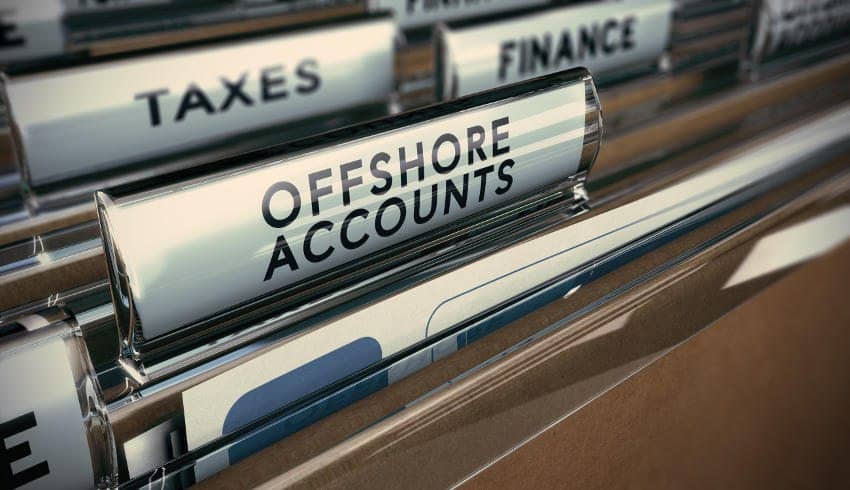All about Offshore Bank Accounts
Amenities
Description
What Is Offshore Banking? People who do banking operations offshore do so in a part of the world outside their country. As such, the term offshore banking is generally used to describe international banks, companies, and investments. Some places have become well-known providers of offshore banking including Switzerland, Bermuda, or the Cayman Islands. But offshore banking is available in many other countries as well.
Offshore banking is simply another name for having a bank account outside your home country. It may be more challenging to open an offshore bank account than a domestic bank account because you may need to prove you have a minimum amount of money or a business relationship with the bank’s country.
Anyone can open offshore bank accounts. In fact, you’re banking “offshore” if you’re an American who has a bank account in Canada.
Some offshore banking customers use their accounts to help manage their overseas businesses and investments, and others might just spend a good portion of their time in a foreign country throughout the year. Offshore accounts can allow you to save, hold and invest money in multiple currencies as well.
Having an offshore account simply means you’re banking with a financial institution that’s not in the country where you live. Anyone can open an offshore bank account with just a few hours of work.
Each offshore bank and foreign jurisdiction has its own requirements, so you’ll have to do some research to find the specific requirements relevant to your situation. The following is an overview of what you can expect if you decide to open an offshore bank account.
The basics of opening an offshore bank account are similar to opening a bank account in your home country. Offshore banks require your personal information, such as your name, date of birth, address, citizenship, and occupation.
To verify your personal information, you will need to submit a copy of your passport, driver’s license, or other identifying documents issued by a governmental agency. Banks are also concerned with verifying your residence or physical address because this may affect taxation. This requirement may be satisfied by presenting a utility bill or a similar document.
Regardless of what type of document you provide, banks will need to make sure it is authentic. A notarized copy of certain documents may suffice in some cases. But other offshore centers prefer an apostille stamp—a special type of certification mark that’s used internationally. If this is the case, you will need to visit the government office that is authorized to issue this stamp for your state or nation.
What countries offer offshore banking? A large number of countries offer offshore banking. A few of the most well-known countries for offshore banking are tax havens — meaning a country or jurisdiction that has low or no taxes for corporations or individuals — such as Switzerland, Panama and the Cayman Islands. Other popular places for offshore banking include Hong Kong, Belize, Bermuda, Singapore and Germany.





